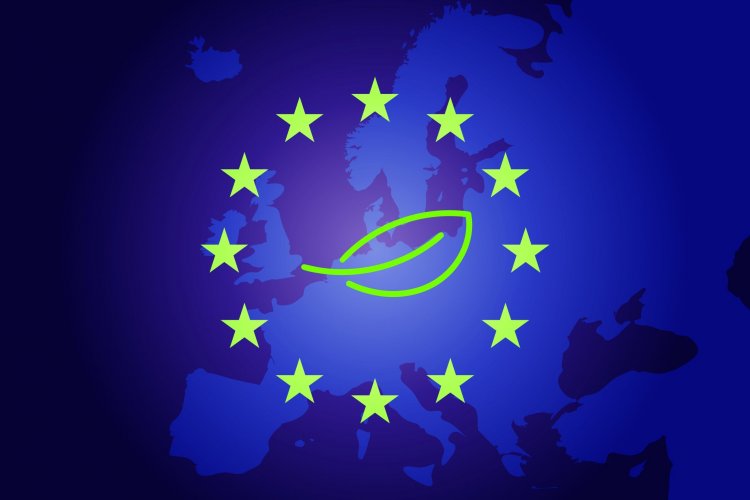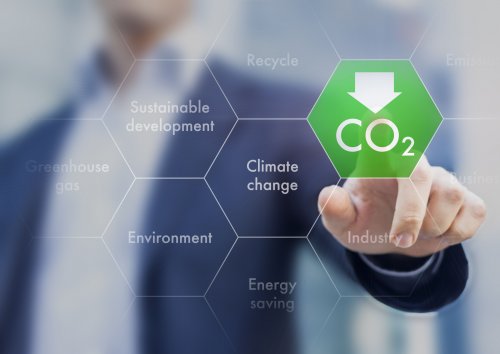MEPs have renewed climate laws by creating an interim agreement on ETS and CBAM, which will be submitted for a new vote in the plenary.
The agreement was reached by negotiators from the centre-right European People's Party (EPP), liberals Renew and social democrats S&D, reported MaltaToday.
The new agreement includes agreed dates for the phase-out of free emissions (ETS) contingent on the phase-in of the CBAM carbon mechanism.
"We have two winners - climate ambitions and the European economy," said EPP MEP Christian Oehler. “The EPP line was backed by an industry that wanted a phase out of CBAM and ETS to be possible for them without compromising Europe's climate ambitions.”
The EPP said the agreement gave both industries a breather in ETS without giving up on the ambitious goals of the European Climate Commission.
Centre-right MEPs succeeded in amending proposals to phase out ETS exemptions for European industry from 2028 to 2034. The phase-out proposed by the European Commission was to take place in 2026-2032, and in 2025-2030 at the suggestion of the parliamentary committee on the environment.
A tax on high-carbon imports, CBAM, will be used to protect European industry from competition from companies from countries with less stringent climate regulations. It will also prevent European companies from shifting production outside the EU to avoid domestic climate legislation.
CBAM is conected to the ETS reform which is phasing out free emission allowances to protect against "dirty" competitors and to prevent carbon leakage (moving production outside the EU).
In addition, the Social Climate Fund seeks to insulate consumers from the costs associated with rising carbon prices from ETS and CBAM, which can be passed on to consumers and households.
The story explained that the industry had proposed a longer transition period, which is why green and centre-left MEPs refused to support the law in the final plenary vote, because the companies would receive double compensation.
The centre-right proposal was less ambitious than those voted by the environmental committee in May: a cut of 63% by 2030, compared to the committee's 67%. The gradual reduction of free ETS allowances could be slowed down by withdrawing 70 million allowances from the market in 2024, 50 million in 2026, instead of withdrawing 117 million in 2024 within the timeframe set by the Commission's proposal.
"The centre-left managed to kill the amended law in order to return it to the environmental committee and conclude a new agreement with the centre-right," the article says.
Recall in the US Congress was introduced a bill about own SWAM.
As EcoPolicy reported earlier, European business requires realistic timelines and pathways green transition.





